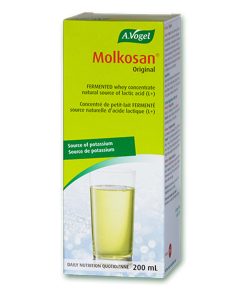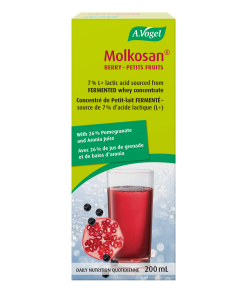Bioclinic Naturals Magnesium CitraMal 90 Vegetarian Capsules Assured Natural Distribution
$ 20,49 $ 12,29
- Magnesium citrate has been shown to have superior bioavailability to other forms of magnesium, increasing its clinical effectiveness
- Citrate-malate complexes increase mineral absorption, particularly among individuals with reduced gastric acid secretion
- Malic acid supplies an important substrate in the citric acid cycle, contributing to improved energy metabolism
- Conveniently dosed at 150 mg per capsule, allowing for easy therapeutic dosing
Feature Summary
As the second most abundant intracellular action and a cofactor for at least 300 metabolic reactions, magnesium is a critical regulator of numerous cellular functions, ion channels, signalling pathways, enzymes, and metabolic pathways including glycolysis, fatty acid oxidation and DNA synthesis. Substantial epidemiological evidence indicates that a low magnesium intake is quite common, and that it is associated with diverse pathological conditions, particularly metabolic and inflammatory disorders such as insulin resistance, obesity, diabetes and cardiovascular disease, but also to osteoporosis, cancer and hypertension.
Recent research has highlighted magnesium’s important role in glucose homeostasis, as supplementation improves insulin sensitivity and regulates beta-cell function, while deficiency exacerbates chronic inflammatory stress, contributing to obesity and the metabolic syndrome. Supplementation reduces serum glucose, increases HDL levels and improves insulin sensitivity, even among those with normal magnesium levels, and in both diabetic and non-diabetic populations. Magnesium also improves postprandial hyperlipidemia, and down-regulates genes related to metabolic and inflammatory pathways. In addition to improving magnesium bioavailability, citrate itself is a mitochondrial substrate and provides an alkaline load. It chelates dietary oxalates, reducing renal stone formation risk.
Fast Shipping and Professional Packing
We offer a wide range of shipping options due to our long-standing relationships with UPS, FedEx and DHL. Our warehouse staff are extremely skilled and will package your items according to our precise and precise specifications. Your goods are thoroughly checked and securely secured prior to shipment. Everyday we deliver thousands of packages to clients from all over the world. The fact that we are dedicated to becoming the largest online retailer in the World is obvious. Warehouses and distribution centers can be found in Europe as well as in the USA.
Orders that include more than 1 item are assigned processing periods according to each item.
Before shipping, we will inspect the ordered items thoroughly. The majority of orders are delivered within 48 hours. Delivery is expected to take between 3 and seven days.
Returns
We are not able to manage the stock at our factory and warehouse. Therefore, the actual inventory could change at any time. It's possible that your order may become unfulfilled after you place the order.
Our policy lasts for a period of 30 days. However, if 30 days have passed since you purchased your item, we cannot offer you a return or exchange.
For your item to be considered eligible for return, it must be unopened and in the same state as you received it in. It must also be in the original packaging.
Related products
Supplements
Supplements
Supplements
Supplements
Supplements
Supplements
Supplements
Supplements
Supplements
Supplements
Supplements
Supplements
Supplements
Supplements
Supplements
Supplements
Supplements
Supplements
Supplements
Supplements

























































